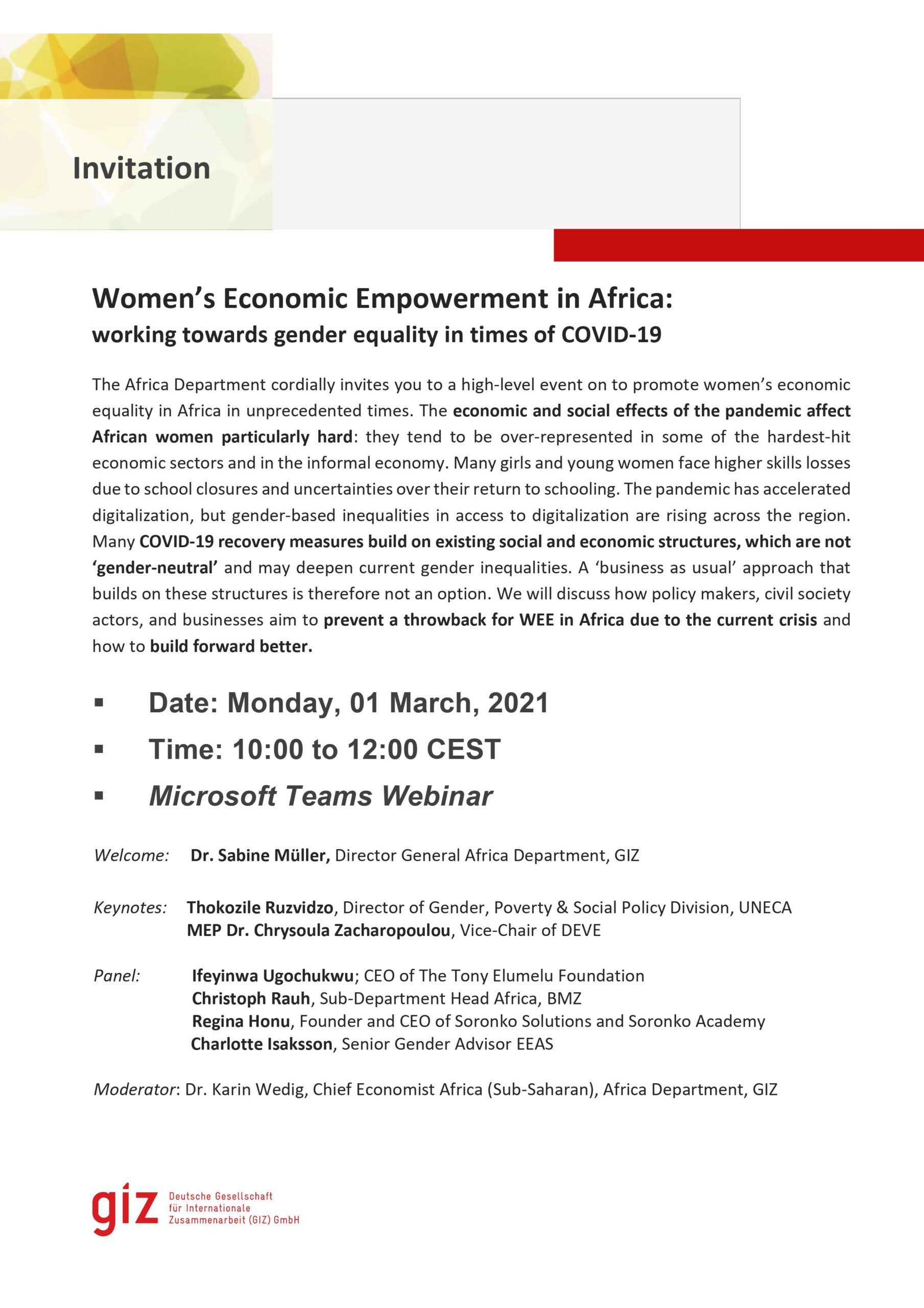To provide the best experiences, we use technologies like cookies to store and/or access device information. Consenting to these technologies will allow us to process data such as browsing behavior or unique IDs on this site. Not consenting or withdrawing consent, may adversely affect certain features and functions.
The technical storage or access is strictly necessary for the legitimate purpose of enabling the use of a specific service explicitly requested by the subscriber or user, or for the sole purpose of carrying out the transmission of a communication over an electronic communications network.
The technical storage or access is necessary for the legitimate purpose of storing preferences that are not requested by the subscriber or user.
The technical storage or access that is used exclusively for statistical purposes.
The technical storage or access that is used exclusively for anonymous statistical purposes. Without a subpoena, voluntary compliance on the part of your Internet Service Provider, or additional records from a third party, information stored or retrieved for this purpose alone cannot usually be used to identify you.
The technical storage or access is required to create user profiles to send advertising, or to track the user on a website or across several websites for similar marketing purposes.

 GIZ Gender Website
GIZ Gender Website
Empowering women farmers is very key to break the inequality gap the African women faces in all spheres of life. The main challenge to the woman farmer is access to land. And I think it is most important in addition to education (digitalization) for development partners to team up with African leaders to embark on radical land reforms as were the case of Mexico in 2007.
Access to agricultural land is key to secure the educational prospects of the girl child from Rural Africa. There are many evidence to this effect. Women rice steamers from Benin who participated in ATVET4W attested to this. It is also true that women employed at farming sectors were much secured relative women employed in urban informal sector during the Covid crises. But if the woman has no access to farm land, then the girl-child risk dropping out of school.
I am tempted to believe that quite an appreciable number of the African woman who has break the odds to rub shoulders with the male counterparts have their source of strength from the Woman farmer (a family relation). Hence issues of land rights is prerequisite for the African woman to ensure a bottom-up sustainable women empowerment and by implication bridging the gender and socio-economic inequality gap.